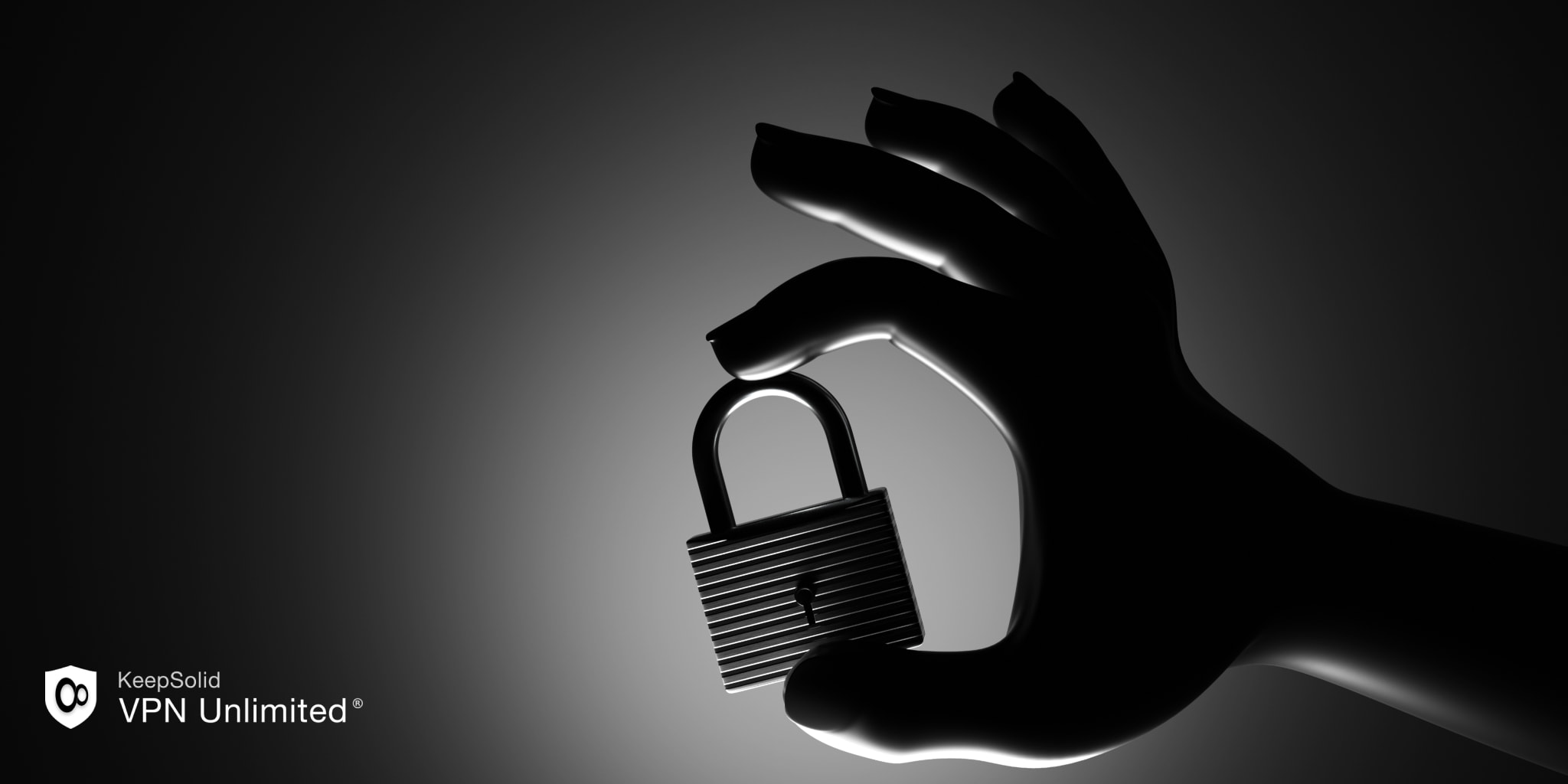Unveiling the Secrets of VPN Blocking: How Websites Are Keeping You Out and How to Fight Back

Have you ever tried to access a website, only to find out it's blocked? Frustrating, right? This often happens when websites block VPNs.
VPNs, or Virtual Private Networks, are tools that help you stay private online. They hide your real location and keep your data secure. But some websites don't like VPNs and block them.
In this article, we’ll explore why websites block VPNs, how they do it, and what you can do to bypass these blocks. Whether you're new to VPNs or a seasoned user, this guide will help you understand and overcome VPN blocks.
What is VPN blocking?
VPN blocking is when websites stop users from accessing their content if they detect a VPN. This means if you’re using a VPN, you might see a message saying the site is unavailable.
Why do websites block VPNs?
Websites block VPNs for several reasons. Some want to control who sees their content based on location. Others do it for security reasons or to ensure that ads are shown to the right people.
Reasons Behind VPN Blocking
Content Licensing
Many websites, especially streaming services like Netflix and Hulu, block VPNs due to content licensing agreements. These agreements specify which countries can access certain content. VPNs can bypass these restrictions, so websites block them to comply with their licensing deals.
Security Concerns
Websites also block VPNs to protect against malicious activities. VPNs can be used to hide the identity of hackers or those engaging in fraudulent activities. By blocking VPNs, websites aim to enhance their security measures and protect user data.
Advertising Revenue
Another reason websites block VPNs is to ensure targeted advertising. Ads are often tailored to specific regions and demographics. If users can hide their location with a VPN, it disrupts this targeting, potentially leading to lost advertising revenue.

How VPN Blocking Affects Users
Access to Information
VPN blocks can limit your access to information. If you’re in a country with strict internet censorship, a VPN is often the only way to access unbiased news and other restricted content. When websites block VPNs, it becomes harder to get this information.
Privacy Concerns
VPNs are crucial for maintaining privacy online. They encrypt your data and hide your location, keeping you safe from prying eyes. When websites block VPNs, they force you to browse without this layer of security, making your data vulnerable.
Freedom of Choice
Using a VPN gives you the freedom to choose how and where you browse the internet. It lets you bypass restrictions and access content from around the world. VPN blocks restrict this freedom, forcing you to adhere to regional limitations and censorship.
Methods Websites Use to Block VPNs
IP Address Blocking
One common method is IP address blocking. VPNs use specific IP addresses to route your traffic. Websites compile lists of these addresses and block them. If you connect through a blocked IP, you won’t be able to access the site.
Deep Packet Inspection (DPI)
Deep Packet Inspection is a more sophisticated method. It involves examining the data packets that travel between your device and the internet. DPI can identify and block traffic that appears to come from a VPN. This method is more precise and harder to bypass.
DNS Filtering
DNS filtering blocks VPNs by intercepting DNS requests. When you try to visit a website, your device sends a DNS request to translate the domain name into an IP address. Websites can block these requests if they detect they’re coming from a VPN’s DNS server.

How to Bypass VPN Blocks
Changing VPN Providers
If your current VPN is blocked, try switching to a different provider. Some VPNs specialize in bypassing blocks and offer features specifically designed for this purpose. Look for VPNs with obfuscation technology that disguises your VPN traffic as regular internet traffic.
Server Switching
Regularly switching servers can help you avoid blocks. VPN providers have servers in multiple locations. If one server is blocked, connecting to a different one might work. Some VPNs also rotate IP addresses to stay ahead of blocklists.
Custom DNS Servers
Using custom DNS servers can bypass DNS filtering. Some VPNs offer their own secure DNS servers, which are less likely to be blocked. Alternatively, you can configure your device to use public DNS servers like Google DNS or Cloudflare.
Obfuscated Servers
Obfuscated servers hide the fact that you’re using a VPN. They use advanced techniques to make your VPN traffic look like normal internet traffic. Many top VPN providers offer obfuscated servers as part of their service.
Choosing the Right VPN to Avoid Blocks
Features to Look For
When selecting a VPN, look for specific features that help avoid blocks:
- Obfuscation Technology: This makes your VPN traffic appear as regular internet traffic.
- Multiple Server Locations: More locations mean more options if a server gets blocked.
- No-Log Policies: Ensures your data remains private and secure.
- Custom DNS Servers: Helps bypass DNS filtering.
Conclusion
VPN blocking is a complex issue affecting many users worldwide. We’ve covered why websites block VPNs, how it impacts you, and what you can do to bypass these blocks. By choosing the right VPN and staying informed about the latest techniques, you can maintain your online freedom and privacy.